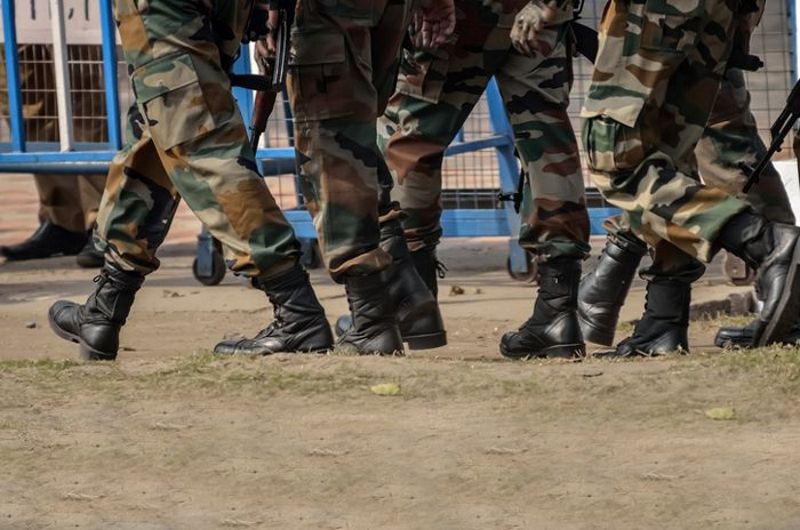
HAVING quickly picked up packed breakfast from an air force base on the way, our convoy was welcomed at our destination on a sunny morning during Op Parakram in December 2001. After offloading and parking the heavy vehicles, various teams got into action, installing tech equipment, making the cookhouse functional and erecting tents for protection against the biting cold and the dark night that lay ahead in the dry, desolate and inhospitable terrain — our home and workplace in the foreseeable future. A recce team was sent to visit the nearby areas. The unit was declared partially operational before darkness engulfed the new camp-in-the-making.
Next morning, teams resumed their work. Slowly but surely, the setup acquired the semblance of a field camp. The unit was nearly geared up — operationally, technically and administratively — for its ‘op role’. After initial deployment, there was a lull — time to wait and watch, expecting orders to go into action anytime.
With each passing day, there were incremental improvements — providing recreation facilities, sports activities, attention to cookhouse affairs and general cleanliness in and around the camp without losing sight of the core operational training. However, micro dust particles, cement-like sand and powdered soil peculiar to the terrain played havoc with our sensitive electronic equipment, besides making our tents/bedding dust-laden and polluting our food and water despite all-out precautions. This nuisance weighed heavily on almost everybody’s mind.
Overly upset was Daler Singh, the chief housekeeper, and his dedicated team, which remained on its toes for any onerous task to ensure good living and working conditions akin to a permanent base — making sighting difficult from the air, taking precautions against attacks by insects, snakes and dogs, and keeping the tents clean. Not satisfied, he approached me one day with a weird suggestion: ‘Sir, on the outskirts of the nearby town, I saw empty wooden drums lying near an office on a vacant plot. Those things can be used to make temporary wooden hardstanding for the entire tented plinth area to keep the dust away.’ Though sceptical, I decided not to discourage Daler’s initiative and dedication.
Next day, we were taken aback by the indifferent response of the electricity department’s officials. ‘Sir, you don’t know how they work. The cross-border crisis may well blow over by the time they take a decision. We can remove the stuff quietly tonight. Rest assured, nobody will miss it,’ Daler said. Finding myself at the crossroads of legality, morality and duty, I finally opted for pragmatism. ‘Op wooden roundels’ was carried out that night. Reduced dust and improved ambience validated Daler’s idea, inviting appreciation from all, including visiting dignitaries, in the subsequent days. An elated Daler had the final word: ‘Sir, phatte bhi sewa wich la laye asin (we put even the boards/rafters to good use).’
